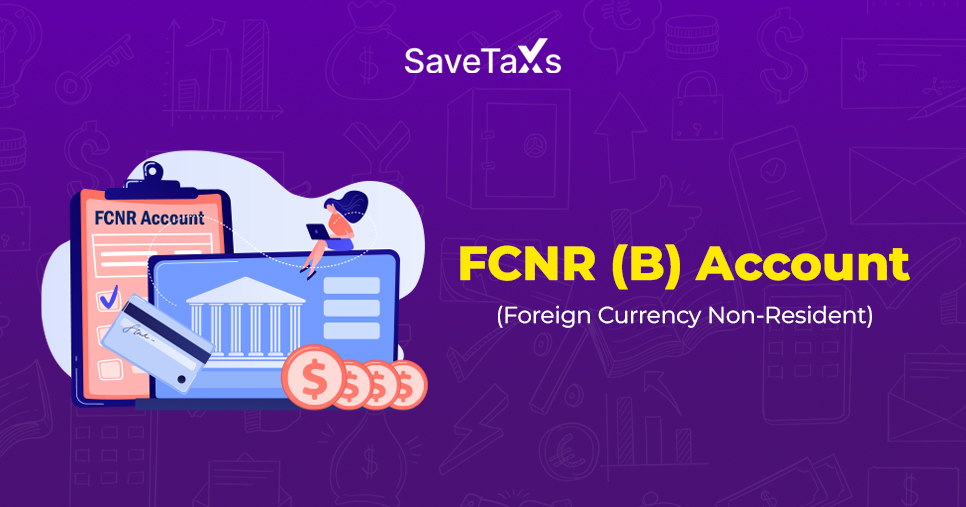
Want to read more?Explore Blogs
No matter what your source of income is, we've got you covered. There’s a plan for everybody!
Yes, both NRI and OCI cardholders residing in Mauritius can apply for a PAN card or make corrections by completing an online PAN application process without the need to visit India.
Applicants generally need a few documents to apply for a PAN card from Mauritius, including a copy of their passport, proof of overseas address from Mauritius, recent photographs, and a duly attested application document according to PAN guidelines.
Once your application is successfully submitted and verified, the PAN card is usually issued within 7-15 working days. The timeframe for delivery of physical PAN cards may vary.
No, an Aadhaar card is not mandatory for NRIs applying for a PAN card from Mauritius.
Yes, NRIs from Mauritius can apply for a PAN card correction, update personal details, or request a duplicate PAN card using the same online process.